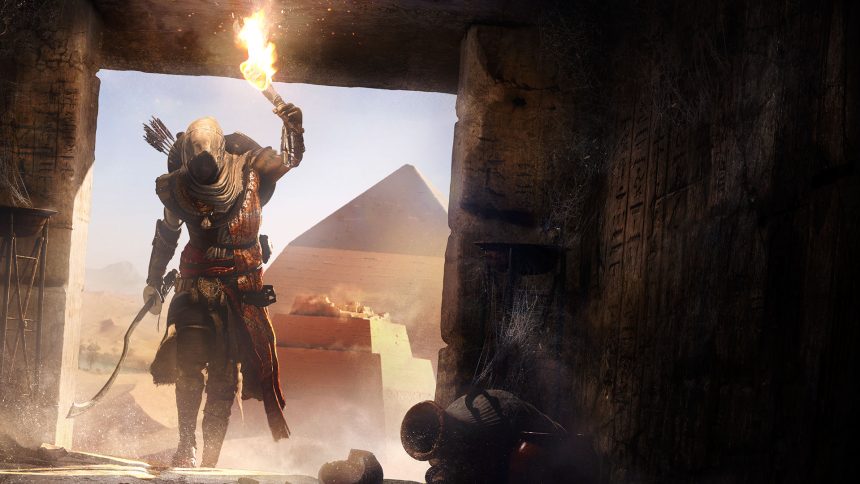Assassin’s Creed is a popular video game franchise that has been around for over a decade. The series has explored various historical periods, from ancient Egypt to the French Revolution. The latest entry in the series, Assassin’s Creed Red, is set in feudal Japan and promises to be a thrilling addition to the franchise. With the game set in such a fascinating historical period, it’s only natural to wonder how a samurai protagonist could tie into the game’s lore.
Assassin’s Creed Red takes place in the late 16th century, during the Sengoku period. This period is marked by constant warfare between rival clans and factions vying for control of Japan. The game’s protagonist is a member of the Assassin Brotherhood, a secret organization that has been in conflict with the Templars for centuries. As a samurai, the protagonist is uniquely positioned to explore the culture and history of feudal Japan while also being an effective Assassin.
One of the ways that a samurai protagonist could tie into Assassin’s Creed Red’s lore is through the game’s exploration of the concept of honor. Honor was a central tenet of samurai culture, and the samurai were expected to follow a strict code of conduct known as bushido. The bushido code emphasized loyalty, self-discipline, and the willingness to lay down one’s life for one’s lord. These values align with the Assassins’ Creed: “Nothing is true; everything is permitted.
The samurai’s strict adherence to honor could create exciting conflicts within the game’s story. The protagonist may be faced with a choice between their loyalty to their lord and their commitment to the Assassin Brotherhood. The game could explore the tension between these loyalties and how the samurai’s honor code affects their decisions.
This conflict could also highlight the differences between the Assassins and the Templars, who are often portrayed as ruthless and willing to sacrifice anything for power.
Another way a samurai protagonist could tie into Assassin’s Creed Red’s lore is through the game’s exploration of Japanese mythology. Japanese mythology is rich with fascinating creatures and legends, such as the kappa, oni, and tengu. These creatures could be incorporated into the game’s world as enemies or allies, and the samurai protagonist could be tasked with defeating or allying with them.
The samurai’s connection to the Shinto religion could also be explored in the game. Shintoism is a religion that emphasizes the worship of kami, or spirits, that inhabit the natural world. The samurai were known to pray to these spirits for guidance and protection. The Assassin Brotherhood’s connection to the First Civilization could be compared to the samurai’s connection to the kami, creating an interesting parallel between the two belief systems.
The game could also delve into the historical figures and events that shaped Japan during this period. For example, the protagonist could cross paths with famous samurai such as Miyamoto Musashi or Date Masamune. The game could also explore the arrival of European traders and missionaries in Japan, which marked a significant shift in the country’s culture and politics.
The game could also explore the samurai’s influence on other cultures, such as the ninja, who were heavily influenced by the samurai’s tactics and code of conduct.
The samurai protagonist could be used to explore the intersection of Eastern and Western cultures during this time period. The arrival of European traders and missionaries in Japan marked a significant shift in the country’s culture and politics as Japan began to adopt Western technologies and ideas. The samurai protagonist could be tasked with navigating this changing landscape, working with or against European factions in Japan.


